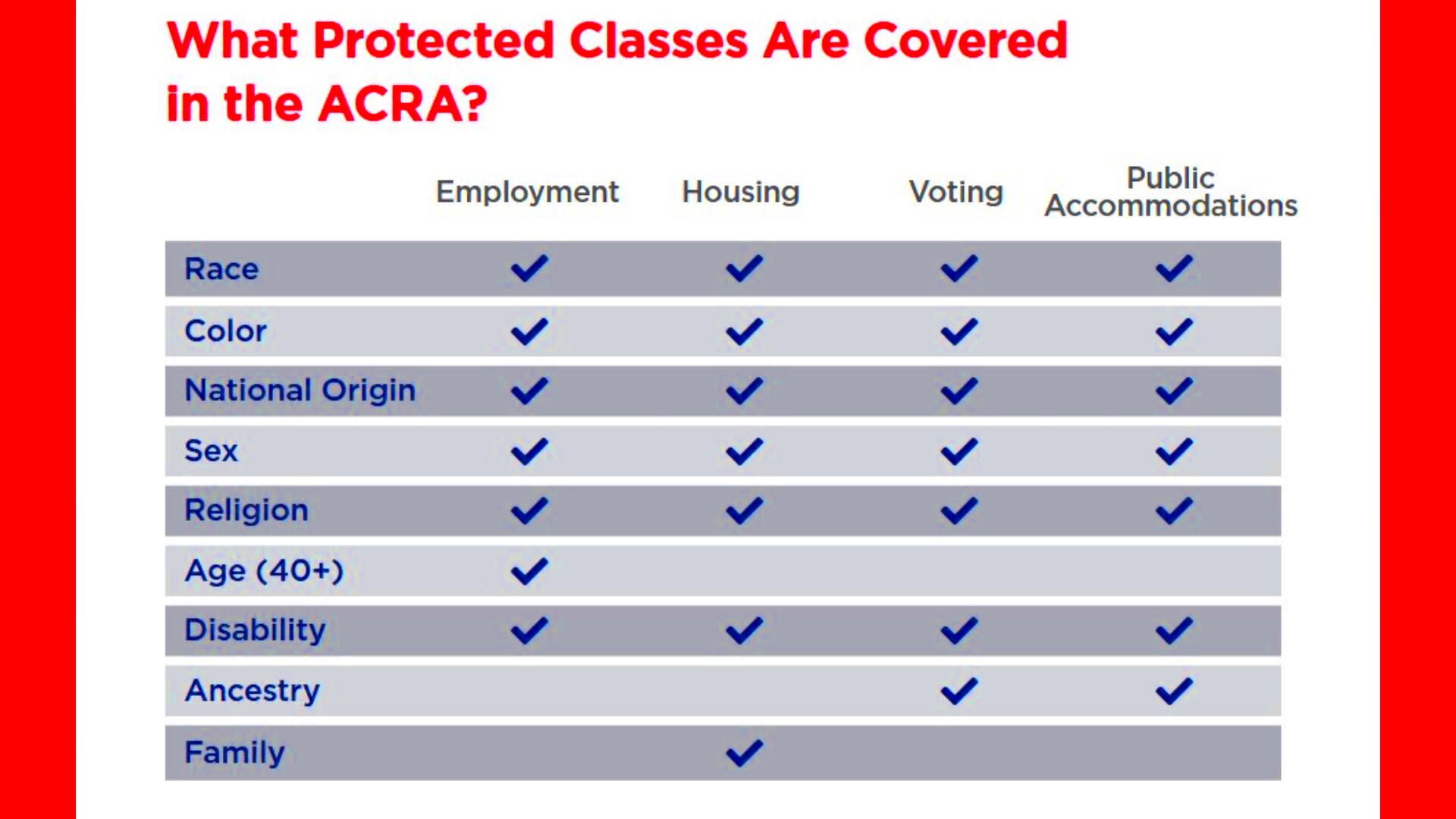Arizona Harassment and Privacy Rights Law Explained
In Arizona, harassment and privacy laws are closely linked, often overlapping in significant ways. Understanding how these laws interact can help individuals protect themselves and seek justice. Essentially, harassment can be viewed as an invasion of privacy. When someone engages in unwanted behavior, such as stalking or repeated unwanted communications, they not only infringe on personal space but also violate privacy rights.
Here are a few ways in which these two legal areas intersect:
- Unwanted Communications: Repeated texts, calls, or messages can be both harassment and a violation of privacy, especially if the victim has asked the harasser to stop.
- Stalking: This behavior often involves monitoring or following someone without their consent, which is a direct violation of their privacy rights.
- Digital Harassment: Using technology to harass someone, such as hacking into social media accounts or sending threatening emails, violates privacy laws while also constituting harassment.
In conclusion, the intersection of harassment and privacy laws means that victims can seek protection on multiple fronts. If you find yourself a victim of either, it’s essential to understand your rights and the legal avenues available to you.
Legal Actions and Remedies for Harassment Victims

If you are a victim of harassment in Arizona, it’s crucial to know that you have several legal options available. Understanding these remedies can empower you to take action. Here are the primary legal actions you can pursue:
- File a Restraining Order: This legal document can prohibit the harasser from contacting you or coming near you. A judge will review your case to determine if this is necessary.
- Report to Law Enforcement: If you feel threatened, report the harassment to the police. They can investigate and take action, which may include arresting the harasser.
- Civil Lawsuit: You can file a civil suit against the harasser for damages related to emotional distress, medical expenses, or lost wages.
It’s essential to gather evidence, such as text messages, emails, or witnesses, to support your case. Each legal action has its own process, so consider consulting with an attorney who specializes in harassment cases for guidance.
Steps to Take if Your Privacy is Violated

Experiencing a violation of your privacy can be distressing, but taking immediate action can help you regain control. Here are the steps you should consider if you believe your privacy has been violated:
- Document Everything: Keep detailed records of the violation, including dates, times, and descriptions of the events. Screenshots of messages or posts can also be helpful.
- Notify the Offender: If you feel safe doing so, consider informing the person that their actions are invasive and that you want them to stop. Sometimes, a clear communication can resolve the issue.
- Change Privacy Settings: Review and adjust the privacy settings on your social media accounts and other platforms to limit access to your personal information.
- Seek Legal Help: Consult with an attorney to explore your options. They can advise you on whether to pursue a legal complaint or other remedies.
- Report the Violation: Depending on the nature of the violation, you may need to report it to local authorities or relevant organizations. This could include filing a police report or contacting your employer if it happened at work.
Taking these steps can help you reclaim your privacy and provide you with the support you need to navigate this challenging situation.
Recent Cases Impacting Harassment and Privacy Laws in Arizona
Recent court cases in Arizona have significantly shaped the understanding and enforcement of harassment and privacy laws. These cases often set precedents that influence how laws are interpreted and applied. By looking at a few notable cases, we can see how the legal landscape is evolving.
Here are some impactful cases:
- State v. Lentz: In this case, the court addressed the issue of stalking. The ruling clarified that repeated unwanted communication through various channels, including social media, can constitute harassment.
- Doe v. McKesson: This case highlighted the importance of protecting personal information. The court ruled that companies have a duty to safeguard user data and can be held liable if they fail to do so, impacting how businesses handle privacy.
- Jones v. City of Tucson: This case focused on the balance between public records and individual privacy. The court determined that some public records could be withheld to protect personal privacy, setting a precedent for similar cases.
These cases demonstrate the ongoing dialogue between personal rights and societal interests. Keeping an eye on these developments can help individuals understand their rights and how they may be affected by future legal changes.
Common Misunderstandings About Harassment and Privacy Rights
There are many misconceptions about harassment and privacy rights that can lead to confusion and inaction. Understanding the facts can empower individuals to take appropriate steps if they find themselves in troubling situations.
Here are some common misunderstandings:
- Harassment Must Be Physical: Many people think harassment only involves physical threats or violence. However, harassment can be verbal or emotional and includes repeated unwanted communications.
- Privacy Rights Are Absolute: While privacy rights are essential, they are not absolute. Certain exceptions exist, such as in cases involving public safety or legal investigations.
- Only Serious Threats Count as Harassment: Harassment can include behavior that may seem minor but is persistent and unwanted. It’s essential to recognize that emotional distress is valid, regardless of the severity.
- You Have No Recourse Against Online Harassment: Many individuals believe that online harassment is challenging to address. However, legal avenues exist to pursue action against harassers, including reporting to law enforcement.
Clearing up these misunderstandings can help individuals feel more confident in asserting their rights and seeking help when needed.
Frequently Asked Questions
Understanding harassment and privacy rights can be complex, and many people have similar questions. Here are some frequently asked questions to clarify common concerns:
| Question | Answer |
|---|---|
| What constitutes harassment in Arizona? | Harassment involves unwanted behavior that causes emotional distress, including repeated calls, texts, or threats. |
| Can I file a restraining order? | Yes, if you feel threatened, you can request a restraining order to legally prohibit the harasser from contacting you. |
| What should I do if my privacy is violated? | Document the violation, notify the offender, and consider legal action. Consulting an attorney can also be helpful. |
| Are there time limits for filing a harassment claim? | Yes, there are specific time frames for filing claims, which vary based on the type of action. It’s essential to act quickly. |
| Can harassment occur online? | Absolutely, online harassment is taken seriously under Arizona law and can include social media harassment or cyberbullying. |
These FAQs aim to provide clarity and encourage individuals to take action if they encounter harassment or privacy violations.
Conclusion and Legal Guidance
Understanding harassment and privacy rights in Arizona is essential for protecting yourself and navigating legal complexities. As we’ve explored, harassment encompasses various behaviors that can inflict emotional distress, and privacy rights safeguard your personal information and space. Recent cases illustrate the evolving nature of these laws, while common misunderstandings highlight the importance of being informed. If you find yourself facing harassment or a privacy violation, remember that you have options, from legal actions to seeking support from professionals.
For those dealing with harassment or privacy issues, consider the following legal guidance:
- Consult an Attorney: Reach out to a lawyer experienced in harassment and privacy law. They can provide personalized advice tailored to your situation.
- Document Everything: Keep thorough records of incidents, communications, and any evidence related to your case. This documentation can be crucial in legal proceedings.
- Know Your Rights: Familiarize yourself with Arizona laws regarding harassment and privacy to understand your protections and options.
- Seek Support: Don’t hesitate to reach out to support groups or hotlines that specialize in harassment or privacy violations. You’re not alone in this.
Taking proactive steps can help you regain control over your situation and assert your rights effectively. Remember, knowledge is power, and understanding the legal landscape will empower you to make informed decisions.


